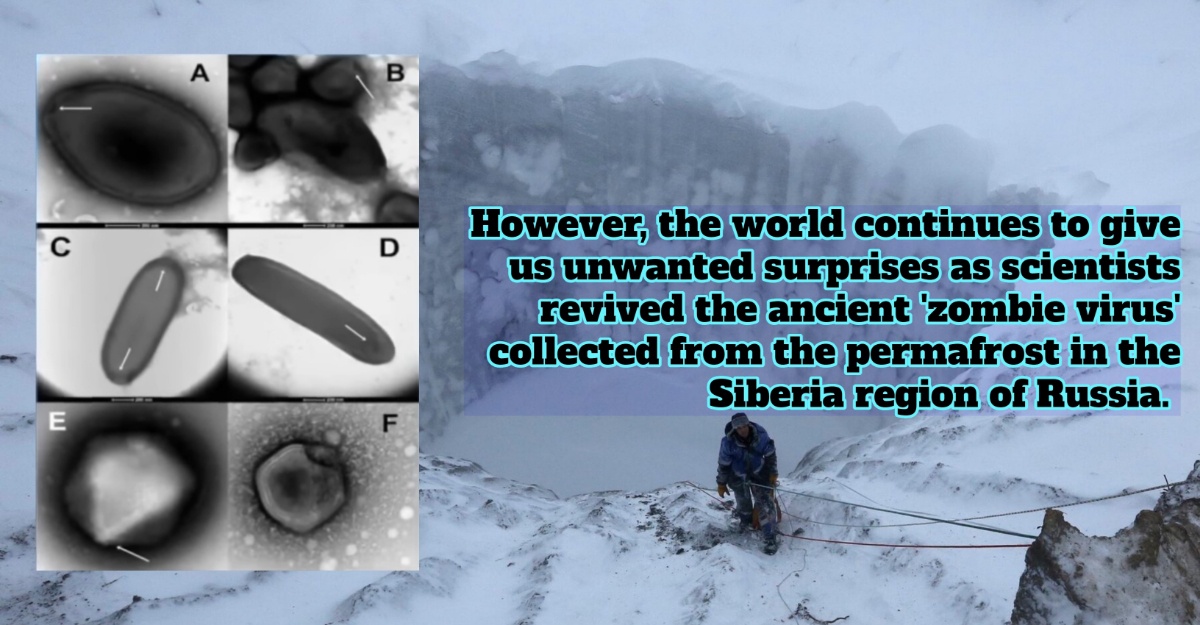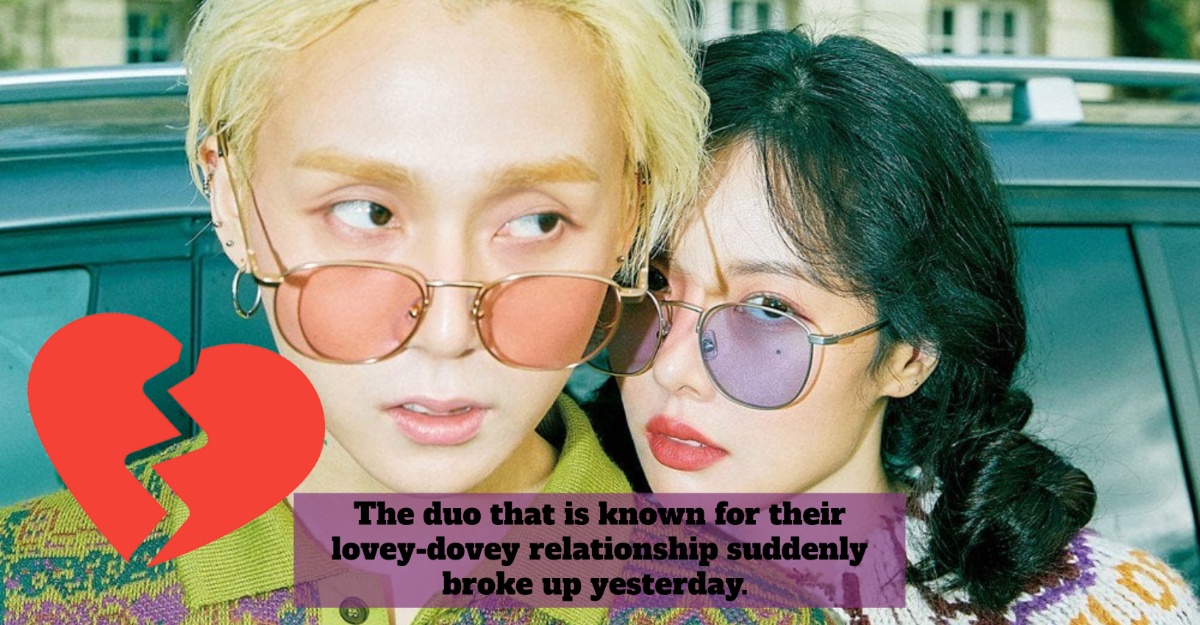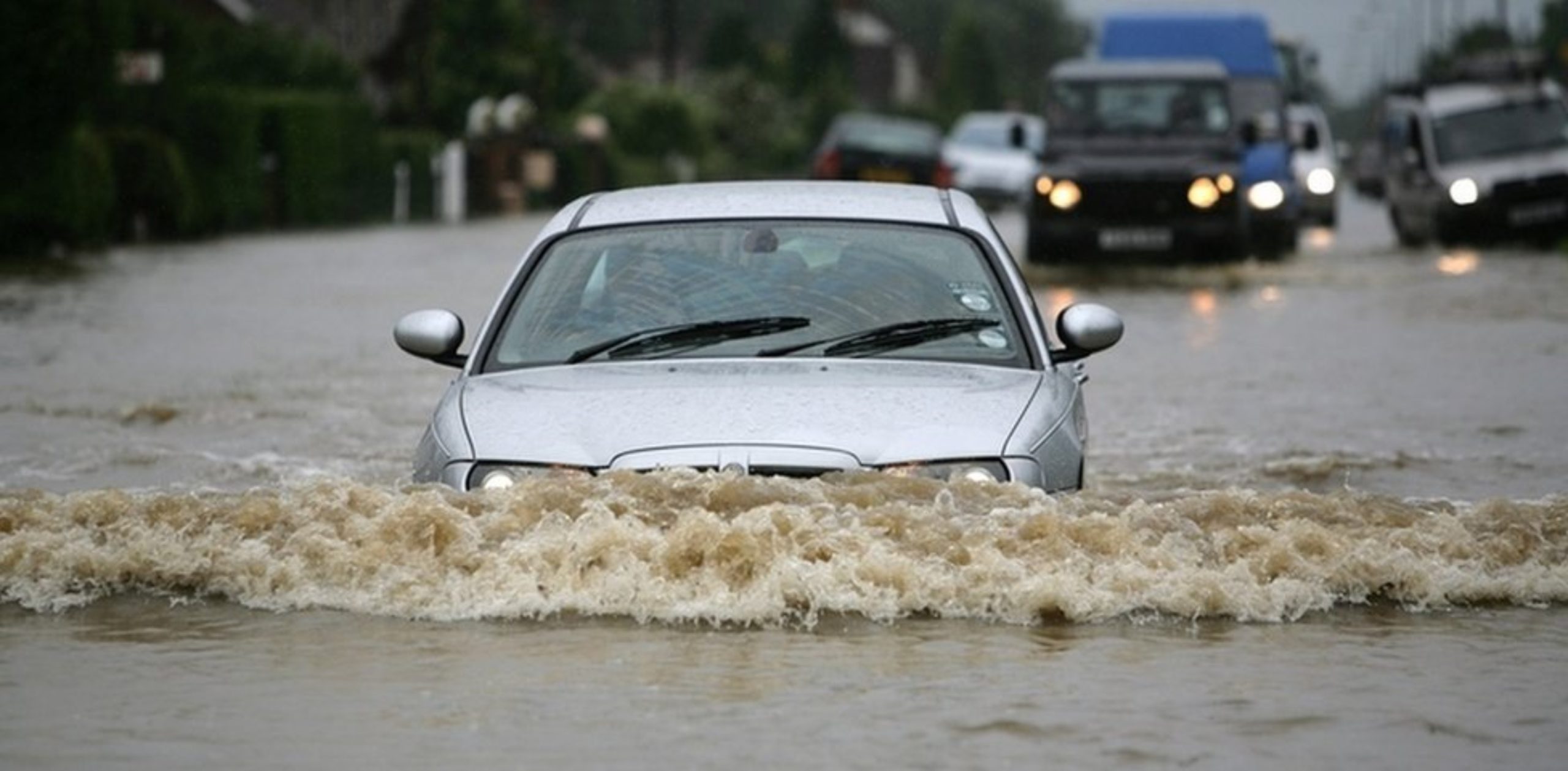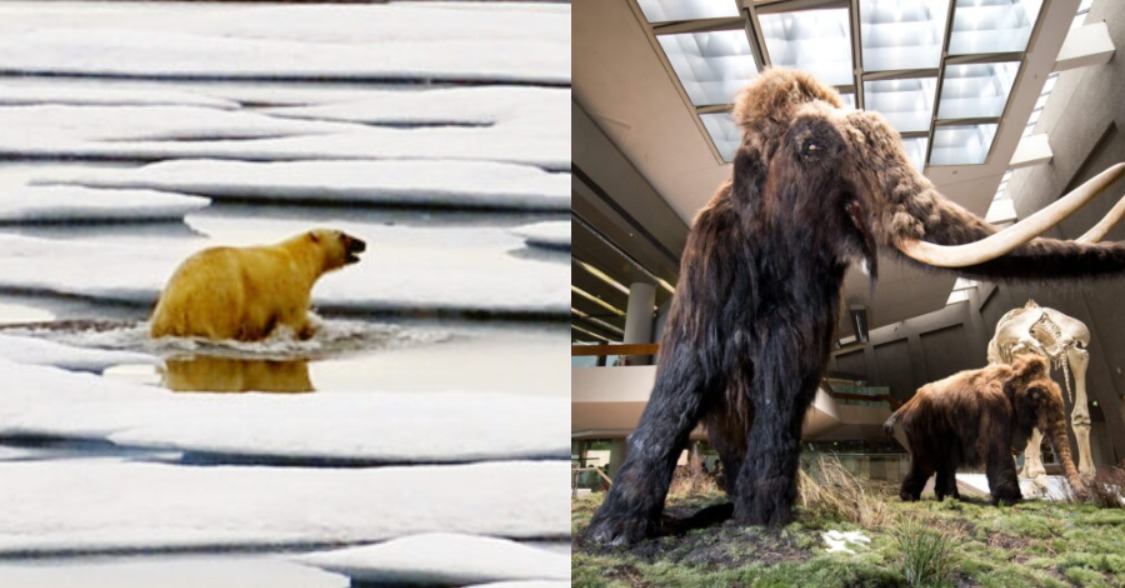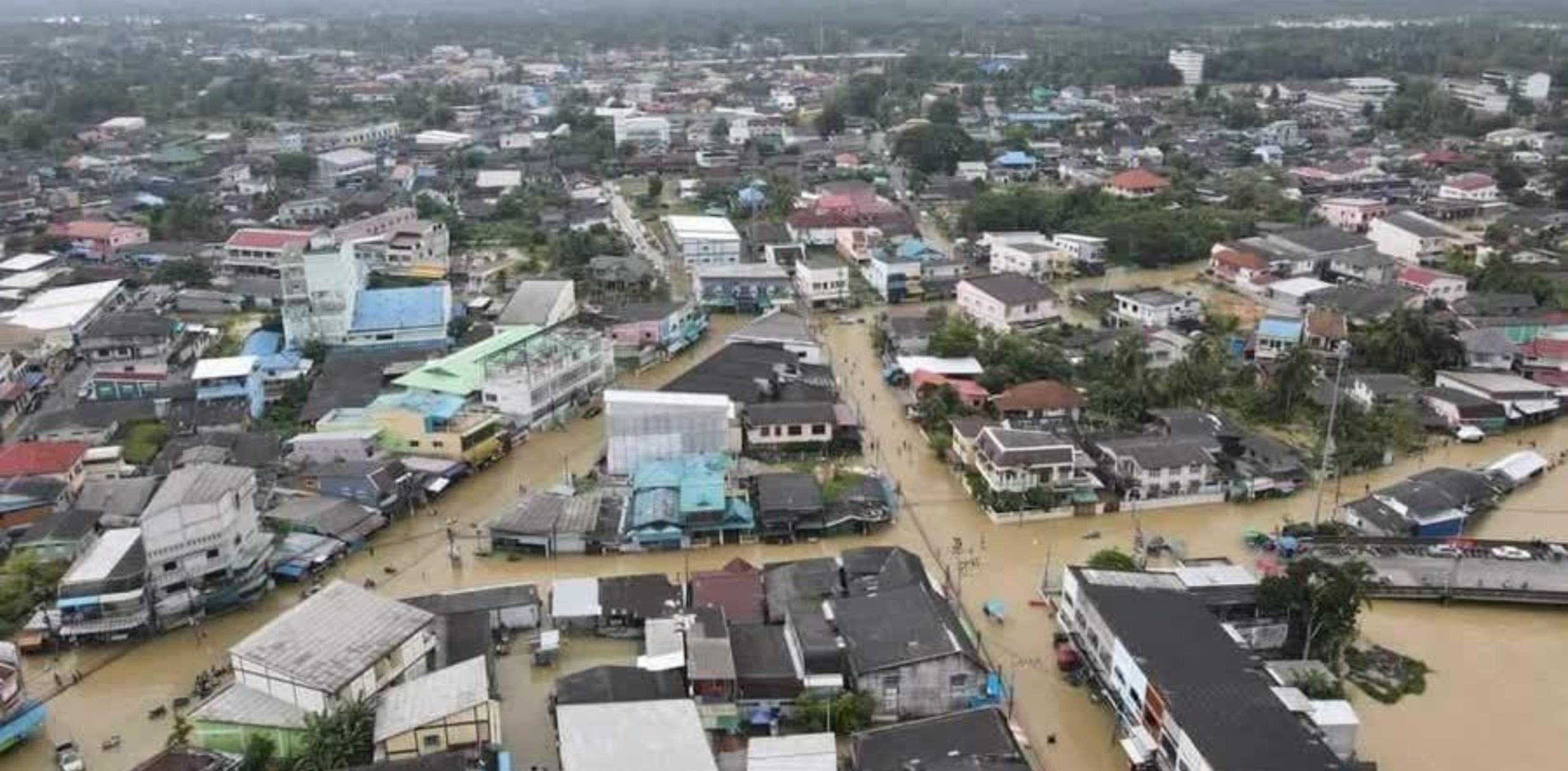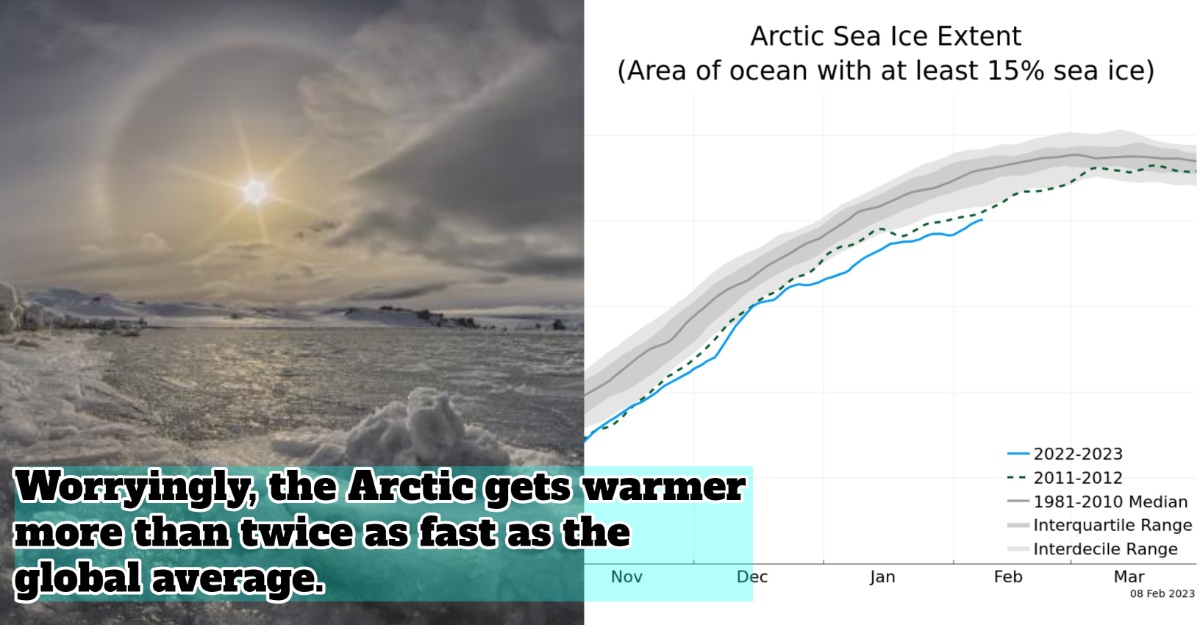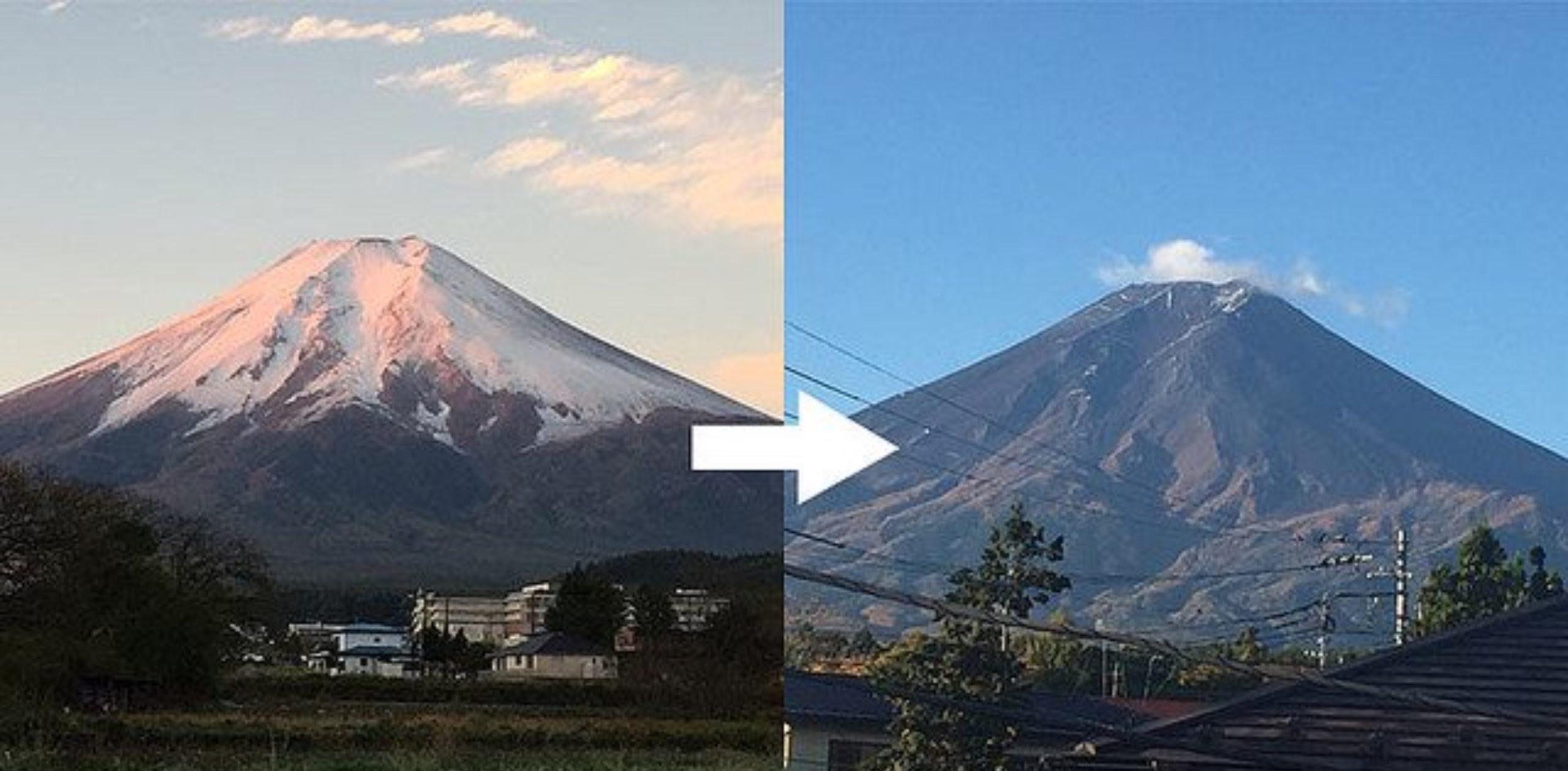Is it true that scientists rediscovered the 48,500-year-old ‘zombie virus’ buried in the ice? Since the world has been experiencing drastic climate changes about 11,700 years ago, we’ve been experiencing many environmental concerns, such as the greenhouse effect, global warming and thinning of the ozone layer.
However, the world continues to give us unwanted surprises as scientists revived the ancient ‘zombie virus’ collected from the permafrost in the Siberia region of Russia.
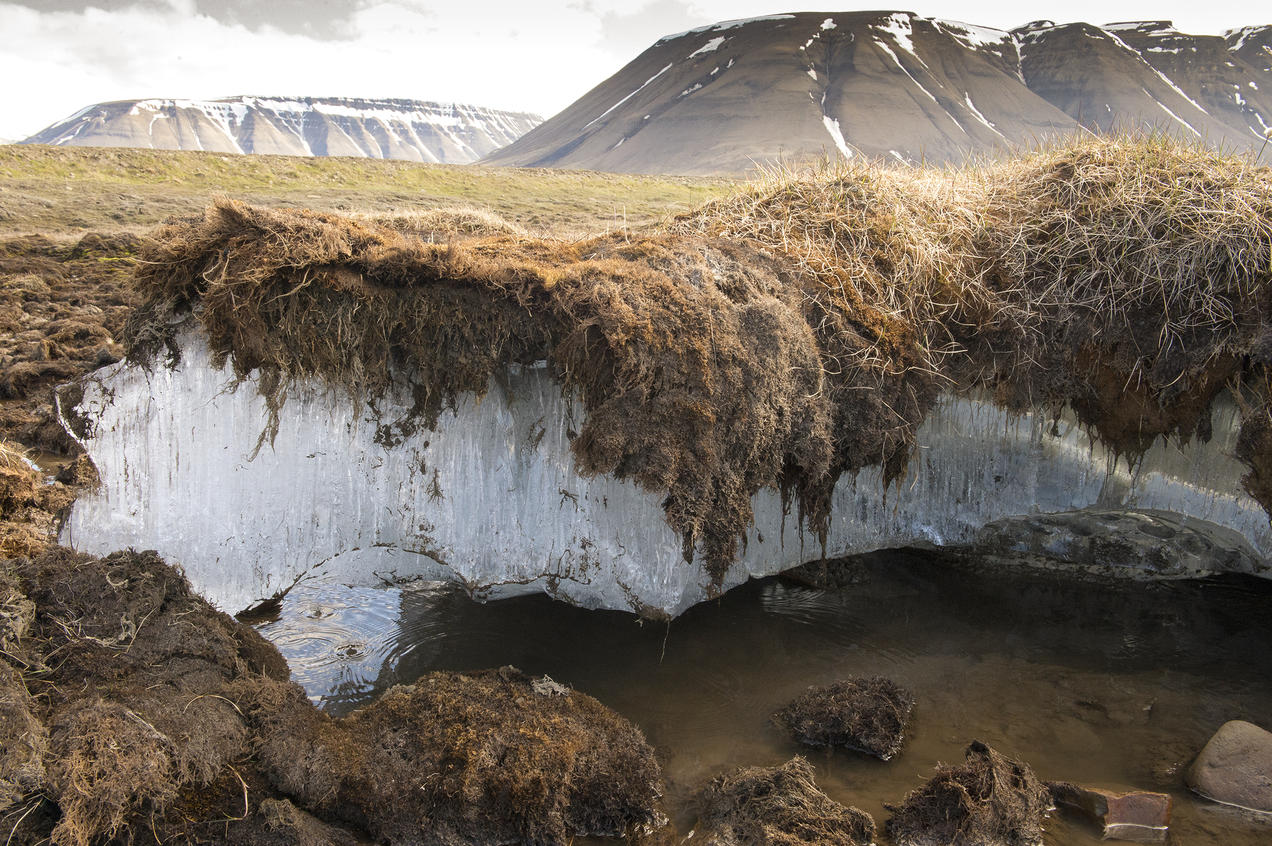
Many are curious to know if this newly-rediscovered virus is a new threat to mankind. And according to researchers, the thawing of the permafrost because of climate change might danger the world.
What is permafrost?
First and foremost, what is permafrost? According to NRDC, permafrost is any type of ground— from soul to sediment to rock— that has been frozen continuously for a minimum of two years. It is also as many as hundreds of thousands of years. Moreover, it can extend beneath the earth’s surface from a few feet to more than a mile. Thus, it covers entire regions, such as the Arctic tundra, or a single, isolated spot like a mountaintop of alpine permafrost.
‘Zombie Virus’ is revived by researchers from Russia, Germany and France
A team of researchers from these countries explained the biological risk of reanimating the viruses they studied was negligible due to the strains they targeted. Mainly, its victims are those capable of infecting amoeba microbes.
Plus, the potential rediscovery of a virus that could infect animals or humans is more dangerous and harmful.
They said, “It is thus likely that ancient permafrost will release these unknown viruses upon thawing. How long these viruses could remain infectious once exposed to outdoor conditions? And how likely they will happen and infect a suitable host in the interval is yet impossible to estimate.”
What are the impacts of the ‘zombie virus’ on the planet?
When the permafrost melts, water and soil become the residue of its meltdown.
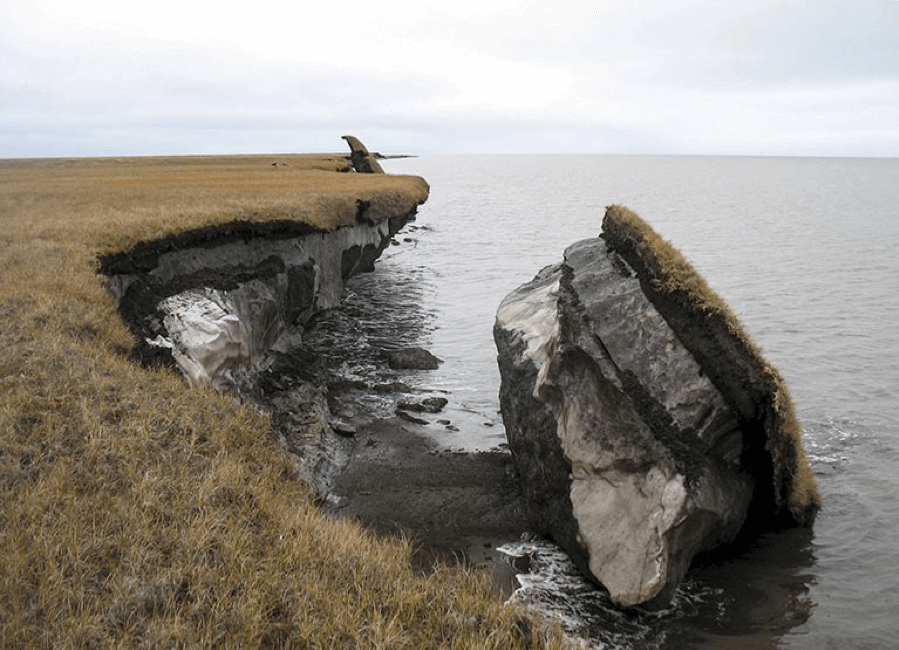
It might look harmless, but as outlined by Climate Kids, the effects are:
- Many northern villages are built on permafrost
- When permafrost is frozen, it’s sturdier than concrete.
- But, thawing permafrost can destroy houses, roads and other infrastructure.
- When permafrost is frozen, the plant material in the soil is called organic carbon
- The organic carbon can’t decompose or rot.
- So, when permafrost thaws, microbes begin decomposing this material.
- The process then releases greenhouse gases like carbon dioxide and methane into the atmosphere.
- Ancient bacteria and viruses like ‘zombie virus’ in the ice and soil thaws along with permafrost melts
- These melted microbes could make humans and animals sick.
The ‘zombie virus’ revival triggers a ripple of anxiety among many. And this tweet sums up the mood we all feel after hearing the news:
Scientists in Russia revive 48,000 year old #zombievirus
Humans : pic.twitter.com/vxMY9BFjKk
— UmdarTamker (@UmdarTamker) November 30, 2022
Sources: NDTV, NASA Climate Kids, NRDC

